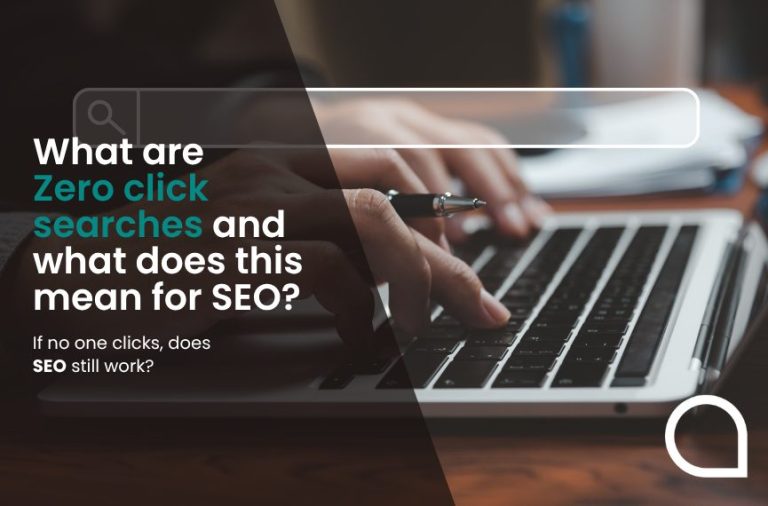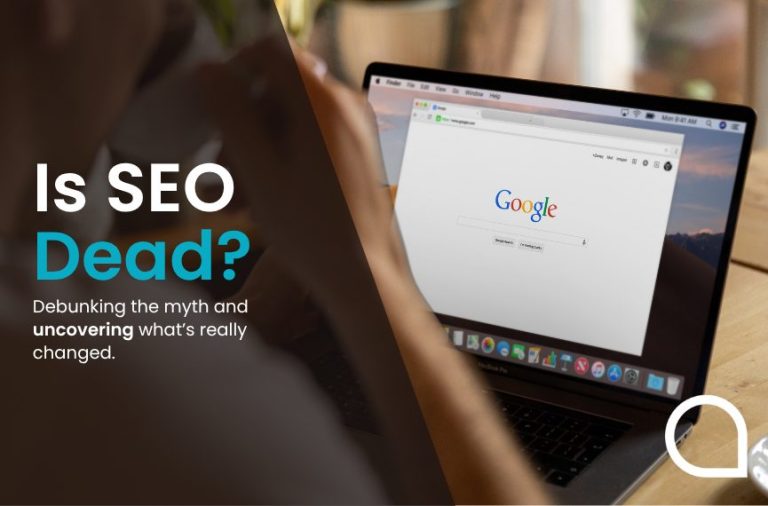Recently we’ve read a lot of invective online against Google, mainly by people whose sites have been hit by Panda or Penguin updates but also by a variety of people who we would otherwise describe as normal rational individuals. It seems that there is something of a groundswell of opposition to Google which is in stark contrast to the lovely friendly ‘do no evil’ company we all fell in love with back in the late 1990’s.
Back then it was all about getting the best search results and Google transformed the game bringing us a fresh new sleek user experience which actually did deliver what we were looking for. So what has changed? Well, the complaints seem to fall into three broad categories:
.Dominance
Make no mistake about it, Google is completely dominant in the online space. In the UK they control 95% of all search and over 60% in the USA. Here in the UK you have to use Google and abide by their rules or you don’t compete. And that’s where the first problem seems to lie, in the fact that they are a monopoly. Say it quietly for fear someone will have a pop at you but by any economic definition they are most definitely a monopoly. And whether they like it or not, history shows that any monopoly will, over time, start to behave monopolistically.
They have been shown to be fallible in the debacle over stealing Mocality data in Kenya and many are now arguing that their behaviours are now working against the public good. In the recent antitrust suit which was settled out of court with the FTC in the USA Google agreed to cease some of its more monopolistic behaviours but competitors such as Microsoft have complained that Google are still continuing to behave in an improper way by refusing to open up some of the search results and data portability which Microsoft say are harming consumers.
Like it or not, Google is a monopoly and does many things which people see as anti-competitive, and whilst this situation remains then the cries for change will only grow louder.
Add to this the recent furore over the amount of tax it doesn’t pay and the arrogance of Google who have asserted that the ‘tax controversy has not deterred users’. This has been seemingly taken as a sign that we’re all happy with the current state of affairs and are happy for Google to carry on not paying tax in the UK. It rather misses the point that whilst user metrics haven’t taken a hit it’s not because people agree with their tax arrangements, it’s because there is simply no choice other than to use Google. It is this abuse of dominance that people are starting to worry about.
.It’s all about the money
Google floated on the US stock exchange on August 19th 2004 and from that moment on everything changed. We remember the hype before the IPO and indeed the main arguments being made by prospective investors at the time. The chief argument was that the company had virtually no revenue streams and as such they were being overvalued as many tech floats were in the early 2000’s. This of course all changed with the introduction of the Adwords programme and the rapid growth of this online advertising platform transformed the revenue streams to the point where today Adwords accounts for virtually all of the company profits.
But businesses are extremely wary of Adwords, many SME’s we know referring to it as a ‘money pit’ into which they can tip piles of cash for no return. And of course then there is no accountability.
For example the introduction of Quality Scores to the Adwords platform in July 2005 meant a whole new level of complexity was added to advertising, and a whole new level of unaccountability. Quality Score is ultimately determined by Google, but you cannot get any feedback from them as to why you score whatever number you happen to score. You can make as many changes as you like and in some cases it will do nothing to improve your quality score. And as the price you eventually pay for your click is determined by the bid and quality score, the lower your scores the more you pay. As an example, if Google tweaked their QS tomorrow, downgrading everyone’s QS by 0.1%, would anyone notice? How would you tell? But how much more could that put on the bottom line for Google? They could easily improve their quarterly earnings at everyone’s expense but we could never tell exactly how they did it.
It is judge, jury and executioner
Google is, some have asserted, a law unto itself. It can choose to index and rank your site, or not, and you have virtually no recourse if you disagree with their decisions. They can choose to promote anyone they like in the search results and with the dominance of larger platforms like EBay and Amazon in the results pages at the expense of the smaller retailers the argument goes that this is destroying consumer choice.
And of course Google is deciding what make a good website and what the web should look like. Websites that don’t conform to this ideal are being penalised, some being dropped and many not even indexed at all. Whilst the argument goes that Google should of course police to an extent what it allows on its platform, the question is where does that stop? And when your platform is the ‘de facto’ source for all searches in the UK how can you make sure that the power inherent in this is not abused?
It doesn’t take much searching to find hundreds of examples of firms who have lost their livelihood through changes Google has made and there are millions of blog posts railing against Google and their behaviours. Whether these posters and bloggers are correct or not, it still adds to the groundswell against the firm.
So, where does Google go from here? It would be hard to deny that they aren’t the dominant search engine in large parts of the English speaking world, nor that they are effectively a monopoly. It’s also hard to deny that they are chasing after revenues – Wall Street demands as much as do investors and with the control they have comes the obvious accusation of unfair treatment of some businesses.
Well the first thing that could happen is that they could improve their transparency. Too much of what they control is shrouded in secrecy including Quality Scores and what they consider the ‘ideal’ standards to which sites should aspire.
They could do with employing some better PR people as well who could tell them that their users actually don’t ‘love’ them but use their product because they have to. That being arrogant over your tax arrangements might sound bullish but is in fact hubris. Pride comes before a fall. Just look at Yellow Pages.
And finally, although their recent acquisitions already indicate that they understand this, that any business built on a single platform is always vulnerable.
Meanwhile we will all carry on using Google because it’s the best tool for the job and in fact the only game I town. Just recently I was asked by an old friend to help them with their home computer and found that their default search engine had been hijacked to a minor platform that delivered only results which were links to other search engines. Every search they did was three clicks away from an answer as a minimum. I changed their default to Google and they were astonished by the auto complete feature and the relevance of the results. Google does a lot right and it would be a shame to lose that….





